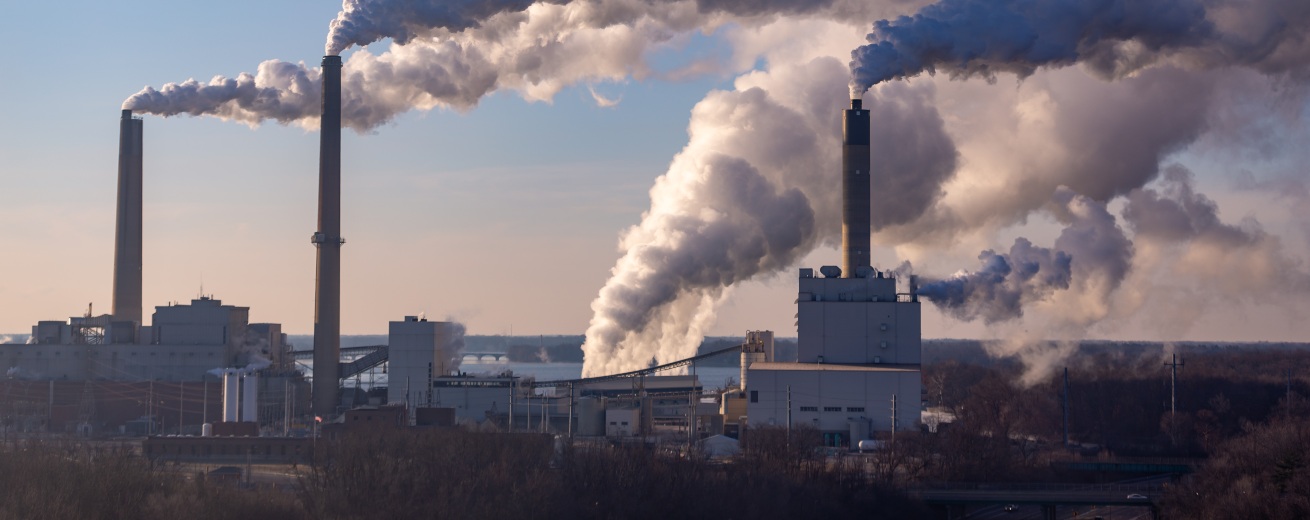
You are here: American University School of Public Affairs Public Administration & Policy Environmental Policy

Environmental Policy

Research for a Clean Future
Department of Public Administration and Policy (DPAP) faculty members, who conduct research in this field, believe that understanding the environmental, sustainability, and energy issues and challenges as well as their effects on well-being is vital to the public affairs curriculum. All of these issues pose challenges but also offer opportunities in the form of more dynamic and innovative economies, public health, and a better quality of life. The DPAP faculty members conduct research on both policy processes and the effects of these issues on health and well-being.
For example, Professor Daniel J. Fiorino studies environmental and energy policies in the United States and globally. He investigates the design and performance of environmental regulation in such laws as the Clean air Act and Clean Water Act, the relationships among environmental and economic goals in the American policy system, the effects of political institutions on environmental and climate policies, and the global clean energy transition. As Director of the Center for Environmental Policy in the School of Public Affairs, he also is leading research and dialogue for a project on The Future of Environmental Protection: Putting Equity at the Top of the Agenda. In addition to the projects highlighted below, he is serving as the co-editor of the Edward Elgar Encyclopedia of Climate Policy, due for publication in 2024. The will serve as a resource on climate policy issues, solutions, strategies, and technologies for researchers and students.
Professor Claudia L. Persico studies how the environment, especially pollution, impacts the health and human capital outcomes of children and adults. Much of her current research focuses on how early exposure to environmental pollution can cause inequality by affecting child and adult health, development, behavior, and academic achievement.
Examples of current research projects in this field include:
- The form of the global transition to clean energy that is underway but must be accelerated, leading to a book on The Clean Energy Transition: Policies and Politics for a Zero-Carbon World, to be published by the Polity Press in September 2022.
- Analysis of the role of state energy and climate policies in promoting carbon mitigation in the United States, given the inability of the federal government to take comprehensive and consistent action. This includes the factors associated with state action and the impediments to such action.
- A study of the role of technology in promoting environmental equity and justice, with a focus on such technologies as enhanced air quality monitoring and synthetic biology.
- A study on how prenatal exposure to air pollution can affect children’s long-run educational attainment, wages, disability, and poverty status in adulthood.
- A study examining the relationship between air pollution and suicide in the United States.
Meet DPAP Faculty in this Field


Daniel Fiorino Director, Center for Environmental Policy SPA | Public Administration

Karen Baehler Scholar-in-Residence SPA | Public Administration

